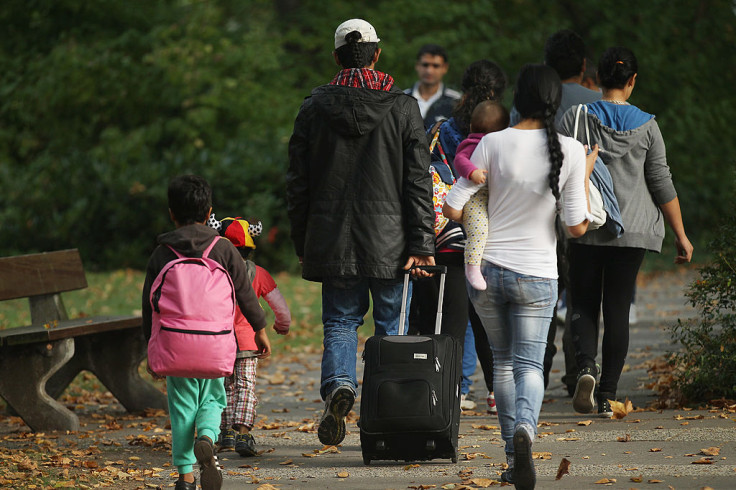UK's Roma in state of 'deep insecurity' following Brexit vote
Roma community face legal uncertainty and anxiety over hate crimes surge.

Roma migrants in the UK face further insecurity following the vote to leave the European Union, a think tank has found.
The report by the Institute of Public Policy Research found that Britain's Roma community faces a "triple whammy" of challenges following June's Brexit vote.
The community is in a state of legal uncertainty over their right to remain in the UK, have exacerbated feelings of insecurity following the hate crime surge in the wake of the referendum, and an end of EU funding to help their integration.
It is not known exactly how many Roma live in the UK, though the population is estimated by the Equality charity at as many as 300,000, with communities in the north, of England, East Midlands, north and east London.
There was an influx of Roma into the UK following the enlargement of the EU in 2004 and 2007, with many seeking employment and to escape anti-Roma prejudice and discrimination in other parts of Europe.
According to the report: "Many Roma migrants face multiple dimensions of disadvantage across employment, education, housing and health. Evidence from Glasgow suggests that Roma often work in unregulated sectors of the economy, taking temporary jobs through non-statutory employment agencies, with very low wages, illegal deductions and poor working conditions.
Roma children "tend to have high school exclusion rates and low levels of educational attainment."
It continues that "Roma tend to experience poor housing conditions and overcrowding, and are often exploited by unscrupulous landlords. Our research has found that Roma face particular barriers to accessing healthcare, often due to language difficulties and their unfamiliarity with NHS systems.
Though in general there is "little evidence of widespread conflict between Roma and non-Roma groups in the UK," it finds "in some communities, low-level tensions have emerged between Roma and other residents, developing on the one hand from concerns about alleged anti-social behaviour among the Roma community, and on the other from fears of anti-Roma xenophobia and stigmatisation.
Due to EU funding cuts "there is considerable uncertainty over the future funding base for Roma integration, support and advocacy work."
The report recommends that local authorities work proactively to mitigate the effects of Brexit on Roma communities, and to overcome some of the financial shortfall caused by the loss of the £1.1bn in European structural funds available to be used for Roma-focused integration initiatives
"Local authorities with significant Roma populations should rally together to make the case to national government for national funds to replace this funding," it says.
In 2013, former Home Secretary David Blunkett warned that there would be riots unless greater efforts were made to encourage the integration of Roma in the UK.
Roma migrants from Slovakia must "change their culture" and send their children to school, stop dumping rubbish and loitering in the streets in order to soothe tensions, Blunkett said.
© Copyright IBTimes 2025. All rights reserved.






















